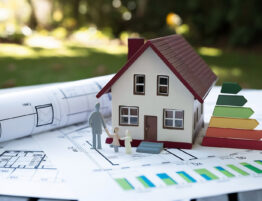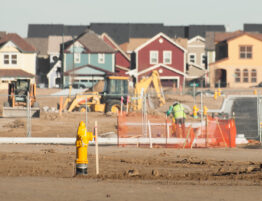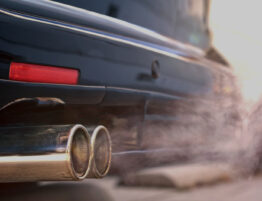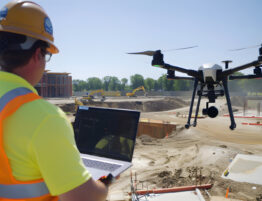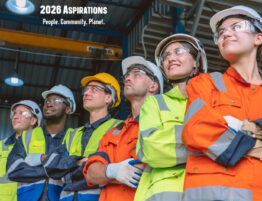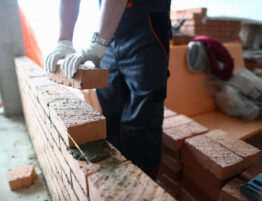
So ‘Freedom Day’ happened this Monday 19th July – the day when the remaining COVID-related legal restrictions like social distancing and mask-wearing were lifted in England.
However, while there were crowds of jubilant party-goers queuing outside the nation’s nightclubs at Midnight, others (including many businesses) are taking a more cautious approach to the relaxations. Transport for London, for instance, have made it mandatory for travellers to wear a face covering and many shops and hospitality venues are also encouraging their customers to continue with this habit for now.
So, what about construction?
Since the beginning of the coronavirus pandemic, the industry has been led by the Construction Leadership Council’s Site Operating Procedures but now that the legal duties have changed, these are no longer current.
The government’s position is that face coverings should still be worn in crowded and enclosed spaces, such as public transport. However, their guidance for workplaces outside of clinical settings states that the use of face coverings or extra PPE is not now required.
The Construction Leadership Council disagrees and is urging companies in the sector to continue some COVID-safety practices in their enclosed spaces like canteens, site offices and meeting rooms, especially when people are mixing with others they wouldn’t normally meet.
The CLC said:
“Whilst it would be inappropriate for the CLC to seek to impose on the industry any requirements over and above those set out by the Government, we recognise that businesses across the supply chain have welcomed the consistency that the CLC guidance has provided. They may choose, or be asked, to maintain elements of social distancing for the time being, in which case the Site Operating Procedures and Branch Operating Procedures should continue to be followed.
“The Site Operating Procedures and Branch Operating Procedures have helped the industry to adopt some good practices over the last 18 months, including more organised sites, enhanced welfare facilities, increased ventilation and improved communication with the workforce, which the CLC would strongly recommend are retained.”
Read the full CLC statement here.
A confusing picture?
With the government seemingly saying one thing and industry leaders saying another, you could be forgiven for being a little confused.
At Sheriff, we recognise that many of the practices people choose to follow will now be more of a personal responsibility than a legal requirement but would encourage people to make good decisions that eliminate risk wherever possible. With that in mind, we advise members of our team to do at least the following:
- Some of the construction companies we work for may decide to set their own rules/ regulations for workers on site. Always check what these are and stick to them (ask your site foreman if you’re unsure).
- Continue to wear a face covering if you’re in enclosed, ill-ventilated or crowded spaces or mixing with other people you don’t normally meet. It’s also advisable (and in some cases a necessity) to still wear a mask if you’re travelling to work by public transport.
- Continue to maintain good sanitation habits – e.g. washing hands and cleaning touch points regularly.
- Try to keep the indoor areas you work in as well-ventilated as possible.
- Stay at home if you have symptoms of coronavirus (or leave the workplace quickly if symptoms develop while at work) and get tested.
- If you have not yet received vaccinations, this would be encouraged.
Doing these things will not only keep you and your family safe but also give a great representation of our company. Thank you.
20.07.2021
Feature image: PHOTOCREO Michal Bednarek/Shutterstock.com

